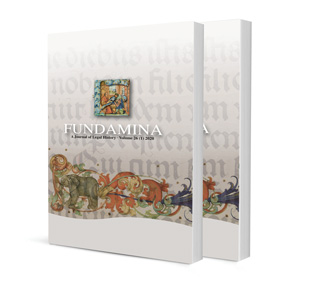Beyond Legality: The Historical Disregard of the Principle of Legality and its Impact on Forced Marriage Prosecution in International Criminal Law

Beyond Legality: The Historical Disregard of the Principle of Legality and its Impact on Forced Marriage Prosecution in International Criminal Law
Authors Julian Rebecca Okeyo and Emma Charlene Lubaale
ISSN: 2411-7870
Affiliations: LLB (UFH) PGCE LLM (Rhodes). Research assistant, IRPQP, Rhodes University; LLB (Makerere) LLM LLD (Pretoria). Research associate, Faculty of Law, Rhodes University; senior academic, Department of Law and Criminology, University of Greenwich
Source: Fundamina, Volume 30 Issue 1, p. 68-115
https://doi.org/10.47348/FUND/v30/i1a3
Abstract
The principle of legality, a fundamental theme of international criminal law, emphasises that an individual should not be punished for an offence that is not defined by law. Increasingly, international criminal courts and tribunals are disregarding this principle through extending crimes by analogy, an approach that is not supported by the principles of international criminal law. One area where this approach is evident is in the prosecution of the crime of forced marriage, which has never been explicitly proscribed by any of the statues of international criminal tribunals/courts. This contribution first examines the views of the Nuremberg and Tokyo tribunals to come to grips with the latter’s approach to the principle of legality. Subsequently, a brief analysis of the International Criminal Court, the Special Court for Sierra Leone and the Extraordinary Chambers in the Courts of Cambodia is conducted to highlight a consistent pattern of disregarding the principle of legality. When compared to the Nuremberg and Tokyo tribunals, the approach of these three courts is unique in that the latter have not classified forced marriage as a distinct crime, choosing instead to include it under crimes against humanity, seemingly suggesting that the principle of legality is not undermined. However, this contribution underscores that this approach is still a violation of the principle of legality. It is argued that the extension of crimes against humanity by analogy represents a continuation of challenges observed by the Nuremberg and Tokyo tribunals concerning the disregard of the legality principle and that the ongoing prosecution of forced marriage in the absence of a specific criminal provision is a violation of this principle.

